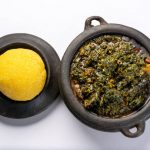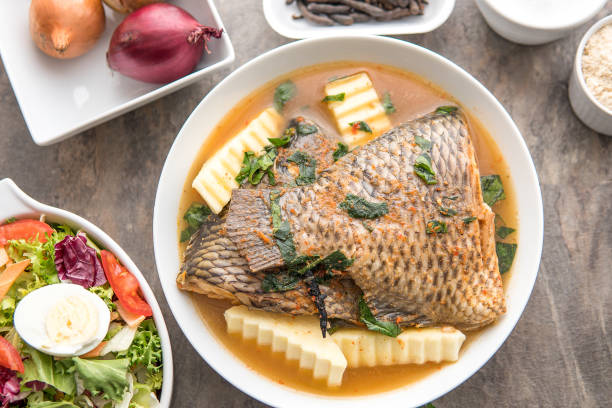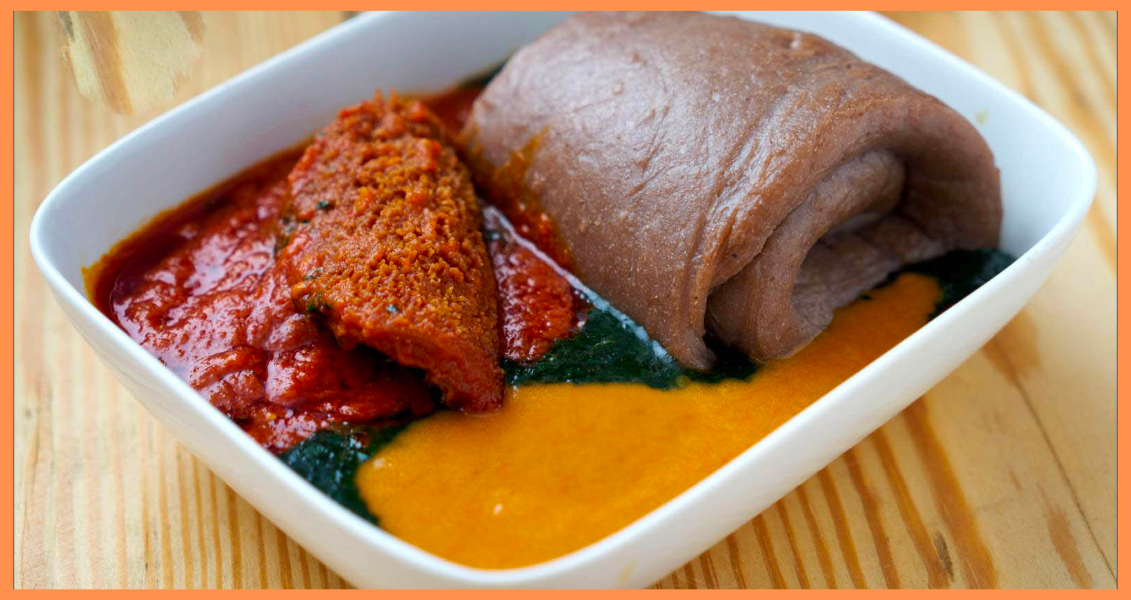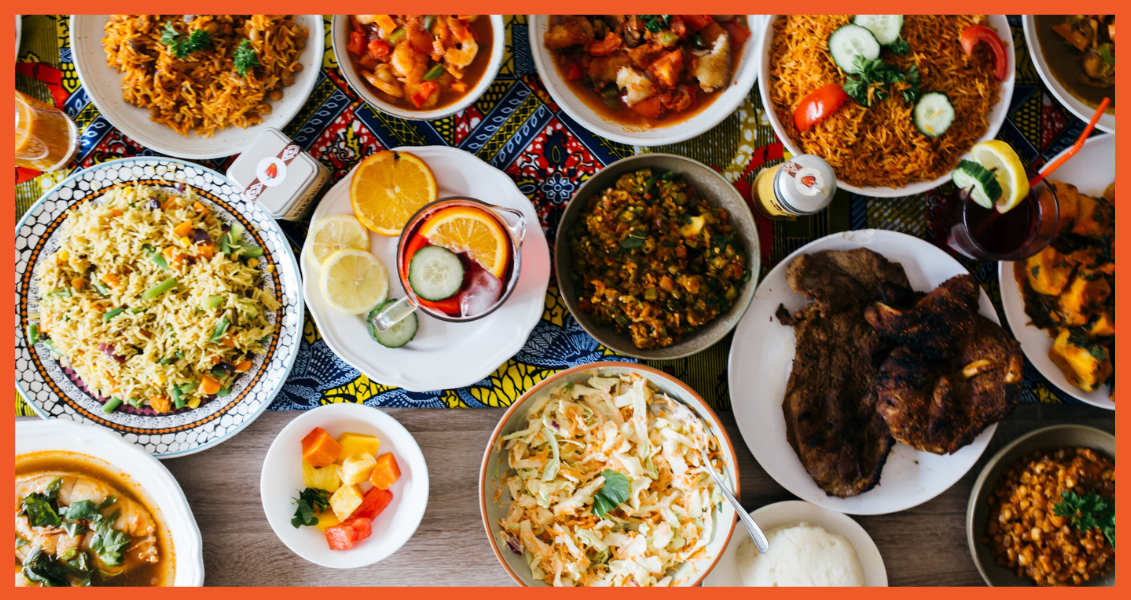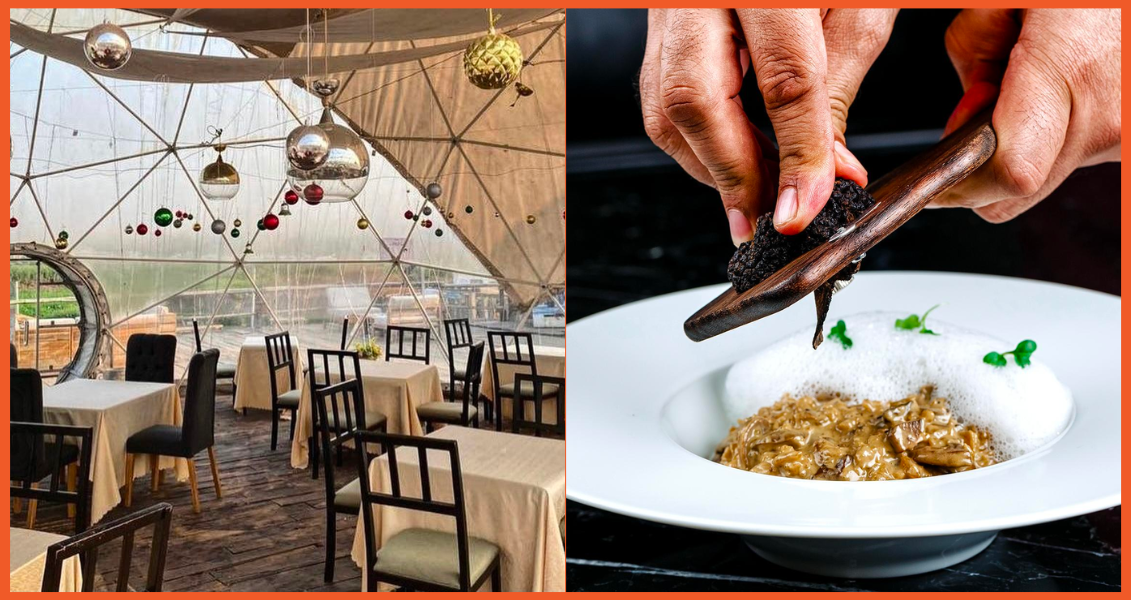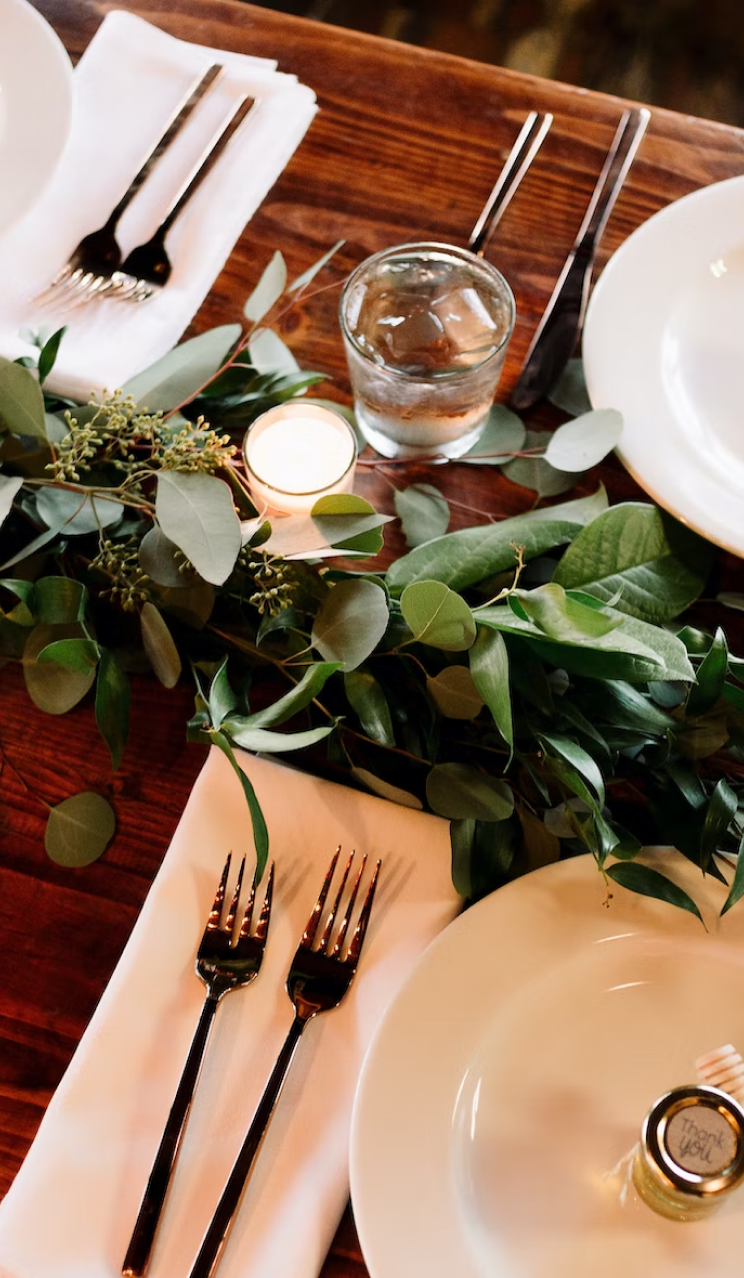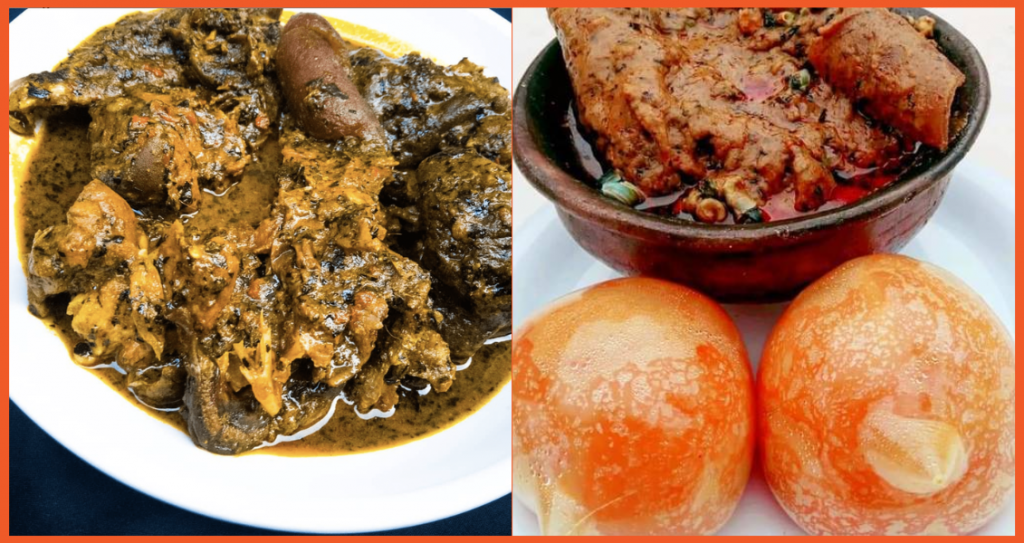
We have a few concerts year-round — detty December homecoming parties for the IJGBs, house parties, and maybe two major food festivals. And we also have Owambe parties. But although Owambes bring all the delights of food, alcohol and music in one place, they can’t be categorised under festivals, no matter how elaborately they’re planned.
In Nigeria, there are over 250 ethnic groups; for each, there are several meal options and so little information about all the varieties of great food indigenous to so many tribes. Sometimes a major tribe or another is accused of not having a range of traditional food, including social media debates about which Nigerian tribe has the best food versus the rest. If there’s something those stereotypes prove, it’s that not many Nigerians know a lot about the food their neighbours eat.
My mother is a Fulani woman born and raised in Kaduna state. Many things took her to Ibadan, where she birthed and raised her children. Growing up, my siblings and I only ate the occasional meals that represented my mother’s heritage — rare enough for me not to remember the taste. Living so far away from my mother’s hometown may not be a good enough excuse to forget my mother’s ethnic cuisines, but I believe it’s the reality for most people. You eat what’s around you, especially when your taste buds get accustomed to it. There are many meals from the southeast and other parts of Nigeria I didn’t know existed until my older sister started cooking and documenting her food journey.

Most of what I’d known about food from other cultures had been because I’d watched them on TV. Shows like Sokoyokoto were my favourite things to watch; the show let me know that life existed in food and cultures could be showcased through food — very much like art. Even though I was so young and couldn’t trace most of the meals to their origins, I sat in front of the TV every time Sokoyokoto aired to watch a new episode.
I remember watching an episode of Sokoyoto where the chef made some Starch and Banga soup, and I was so intrigued that my sister and I left the house to buy some starch and make some of it at home ourselves. We didn’t make Banga soup to go with it as it was too difficult, but at least the starch was easier and much more straightforward. Although cooking shows are good, and a few restaurants in some cities boast diversified food menus from several cultures, there’s only so much they can do in cultural culinary storytelling.

We say, “we are what we eat” healthwise, but we are also what we eat culturally. What we feed our body makes up who we are, and our cuisines represent us. If it weren’t so, everyone in the world would eat the same thing. There are stories about our foods and how they were formed — my favourites are how I randomly found out from TikTok how min-moin got its name and how the tale of ayamase came to be. Exploring food is a way to take you to places you’ve never been and bite into other people’s lives.
Food festivals are only big in Lagos, the most metropolitan state in Nigeria, attracting people from all walks of life. People leave their homes for their love of food and adventure. Even though most of the meals sold at these festivals are everyday meals sold at restaurants, street food with extra oomph, and recognisable meals from the major tribes in Nigeria, people still come together for the experience. Food always brings people together.
At the beginning of May, as a yearly tradition, I attended the popular food festival that runs for three days. Although it’s a food and drinks festival, the ultimate aim is to introduce Nigerians to new businesses and celebrate the Nigerian food entrepreneur in all forms. Every year in the four years I’ve attended, I’ve gone in different capacities: as a food tourist, a vendor by proxy, and to support friends and family. On the last day of the event this year, I walked the length and breadth of the entire showcase to see all the meals on sale; it took a little over 10,000 steps. My verdict was this: the food and drinks festival wasn’t a celebration of tradition or food in and from Nigeria.
From the abak atama of the Efik/Ibibio people to the egusi soup from different Yoruba cultures to ofe nsala of Igbos and the miyar kuka of the Hausa/Fulani, many Nigerians haven’t touched the tip of the iceberg of how much deliciousness we have in the meals of our neighbours. Our palates have been adjusted to intercontinental meals, and we sometimes turn our noses up when we see meals from Nigeria that look nothing like what we’ve eaten at home or sold in our neighbourhoods. Food festivals should aim to bring people and cultures together and introduce aspiring chefs to more variety of what to cook and sell.
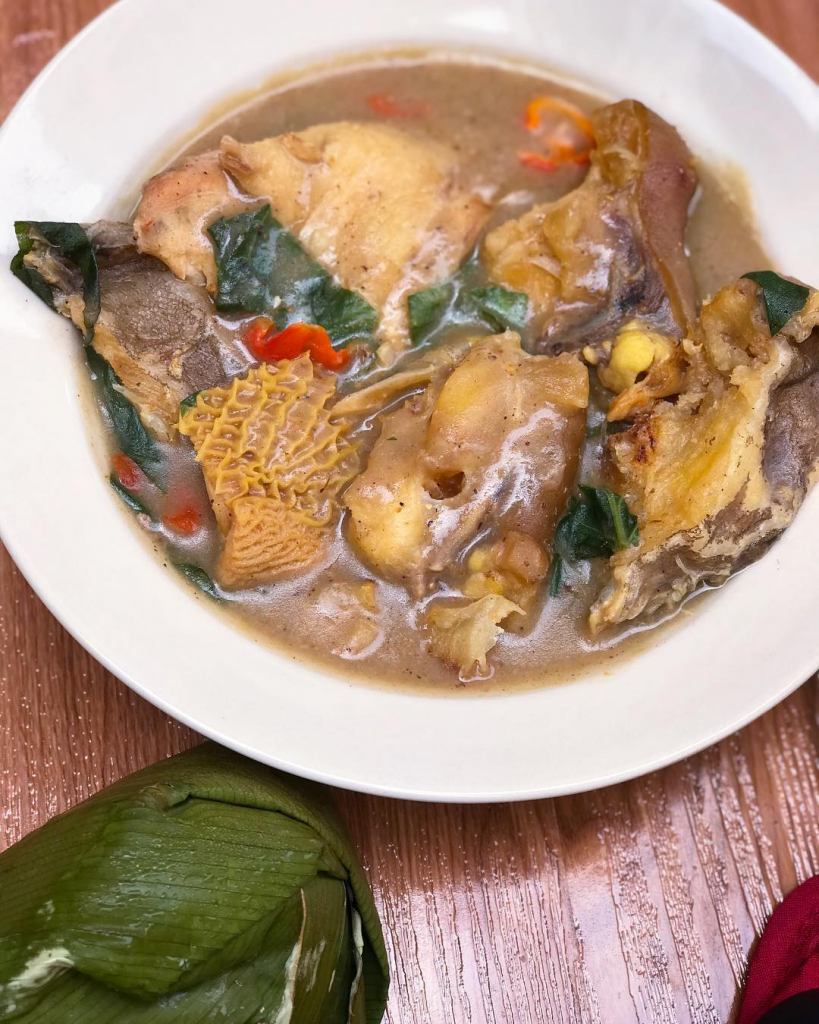
Food festivals held in Nigeria should be a celebration of who we are and should introduce us to meals beyond everyday bites and swallows.




